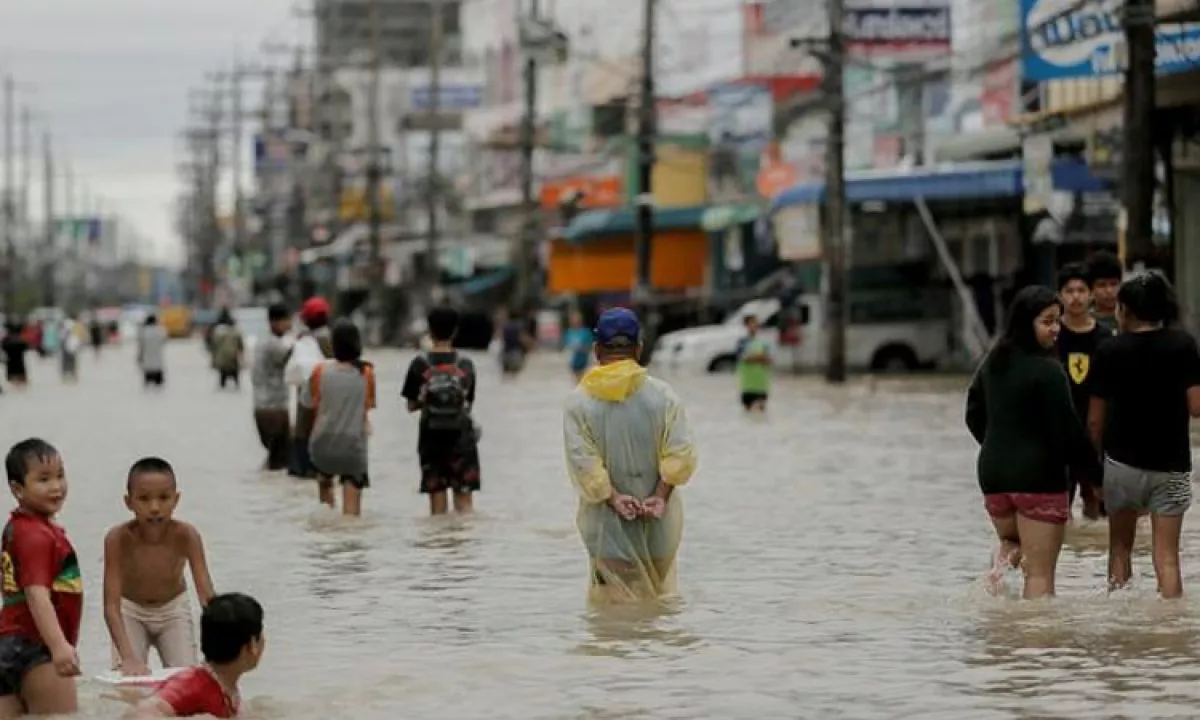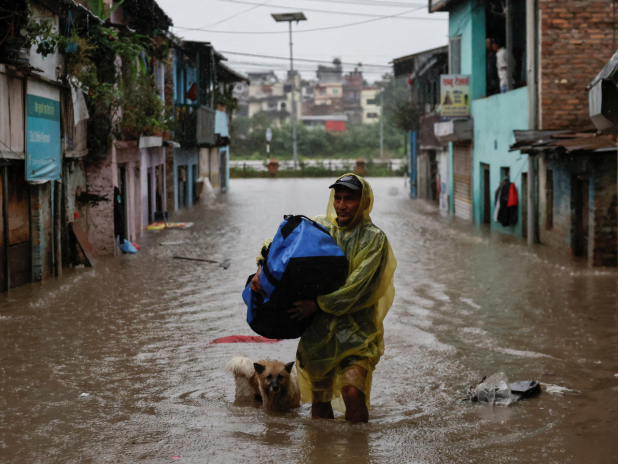Extreme Rains Devastate Darjeeling Tea Estates, Triggering Landslides and Floods
Torrential rains that triggered deadly landslides and floods in India’s Darjeeling region have also devastated large swathes of its premier tea estates. Officials reported on October 7th that the deluge has wiped out approximately five percent of Darjeeling’s renowned tea gardens, delivering a significant blow to a district synonymous with high-quality tea production.
Impact on Tea Production
According to Mr. Rajkumar Mondal, chairman of the Indian Tea Association’s Dooars Chapter, the floods have dealt a "massive blow" to the region's tea gardens. More than 950 hectares of tea plantations, known for producing high-quality brews with a protected Geographical Indication, have "suffered drastic losses due to flooding." Darjeeling typically produces around 10,000 tonnes of tea annually across 17,500 hectares, according to the Tea Board of India.
The timing of the disaster is particularly damaging, striking just ahead of the “new flush,” the harvest of the finest young leaf tips. Mr. Mondal further noted that receding floodwaters have left silt soil on the tea plants, a costly problem to rectify. He said that Darjeeling received over 261mm of rain on October 4th, describing the situation as “unprecedented.”
Climate Change and Unpredictable Weather
The extensive damage highlights the growing impact of climate change on Himalayan tea-growing regions. The intensity and unpredictability of rainfall in recent years are impacting tea yields and quality. Sourish Bandopadhyay, a scientist at the Regional Meteorological Centre (RMC), attributed the sudden downpours to "an unexpected change in the trajectory of a low-pressure system," which brought intense rains. He stated, "It's a sign of climate change in the region."
Human Cost and Infrastructure Damage
The extreme weather has also taken a significant human toll. Praween Prakash, superintendent of police for Darjeeling, reported that at least 36 people have died, an increase from a previous count of 28. Landslides have destroyed more than 500 houses, forcing hundreds into temporary shelters. Tourists trapped by floodwaters were rescued by earthmovers. The downpours washed away roads and triggered landslides across West Bengal state.
Challenges for India's Tea Industry
The Indian tea industry is increasingly vulnerable to the impacts of climate change, including rising temperatures and unpredictable weather patterns. Intense downpours cause waterlogging and soil erosion, while prolonged dry spells necessitate reliance on irrigation. Growers are also facing new pests and diseases, leading to increased use of fertilizers and pesticides to protect plants and maintain soil fertility.
India's tea industry employs over one million workers directly and another million in supporting roles. As the world's second-largest producer and third-largest black tea exporter, India shipped nearly 255,000 tonnes abroad in 2024, earning approximately 71 billion rupees (S$1.03 billion).
 Visit the website
Visit the website







